When you hear the word “consume,” what comes to mind first: buying things, or eating things?
Consider the transition from the Thanksgiving holiday season into the Christmas holiday season in America: families across the nation typically prepare and eat massive amounts of food and get up the next day to spend massive amounts of money on cheap goods, prefacing another month of seasonal shopping.
But is there much of a difference between buying a Tyson turkey for Thanksgiving and then buying an Apple iPhone for Christmas? We know the difference between preparing a meal and purchasing a cell phone, but there is hardly a line drawn between eating and buying as far as corporate profit is concerned (it also strikes me how integrated our concepts of eating and buying have become, an apple is now both a tech product and a food).
One key to social justice is seeing the tension between profit and nourishment. Capitalism does not distinguish food as separate from the goods and services marketed to consumers. As long as a product sells, that business has no ethical obligation to make it healthy. For the last few decades, this ethical loophole has infiltrated our food products via sugar. The recent documentary “Fed Up” is an example of the dilemma between the need to make a profit and our human need to consume food, explaining how sugar infiltrates 80 percent of processed foods in America because of its economic incentives.
This Thanksgiving, I traveled across Missouri to share a meal with environmentalists Reverend Billy and the Stop Shopping Choir, a New York-based performance community of “wild anti-consumerist gospel shouters and Earth loving urban activists,” according to their website, www.revbilly.com. The Stop Shopping Choir is a perfect example of the intersectionality between anti-consumerism and food justice that is necessary to challenge powerful corporate interests responsible for the consumption and destruction of our planet’s soil, air and water.
As we stood on the front lawn of the corporation responsible for Agent Orange, Bovine Growth Hormone and GMO seeds, Reverend Billy preached about the rampant consumerism currently eating away at the heart and soul of America. We DO have the economic power to stop shopping for things that do not satisfy our minds, souls and bodies, amen!
In the business world, however, everything is a calculated means to a monetary end. Monsanto has engineering seeds that require the use of chemicals and pesticides that Monsanto also engineers, so it controls roughly 80 percent of corn and 93 percent of soybeans grown in the United States, according to an Aug. 7, 2013 article on the Organic Consumers Association website. Equally alarming are the philosophical implications of the way in which multinational corporations such as Unilever control the manufacture and sale of beauty products alongside grocery items, completely blurring the line between two very different types of consumption.
All living creatures need food to survive, but human institutions try to convince us that we need many other items just as much as food. In the rush of producing, marketing and consuming these other products, we lose sight of our fundamental needs as living beings, conflating food consumption with general consumerism. It is my position that the most basic needs of a living organism—daily nourishment—should not be corporatized.
When money influences our interactions with food, it can have an incredibly negative impact on the earth and our bodies. Establishing more direct connections with those who produce our food is one way to increase agency over our consumption of it. When we spend money, are we supporting a business that has a history of exploiting human and animal life, destroying communities and ecosystems or otherwise endorsing violence? As far as social justice is concerned, the least we can do is see how the concept of consumerism prevents us from developing a healthy relationship with food.
Here in the town of Grinnell, Iowa (which is undeniably in the middle of the cornfields), we have the unique ability to more directly challenge the way food consumption is measured in terms of stock value rather than physical and spiritual nourishment. As the holiday season approaches and our minds turn toward cheaper gadgets and increased spending, though, we must make a conscious effort to shift our ideological focus away from the capitalist notion of being a consumer and toward the necessity of consuming food that is good for ourselves and the planet.
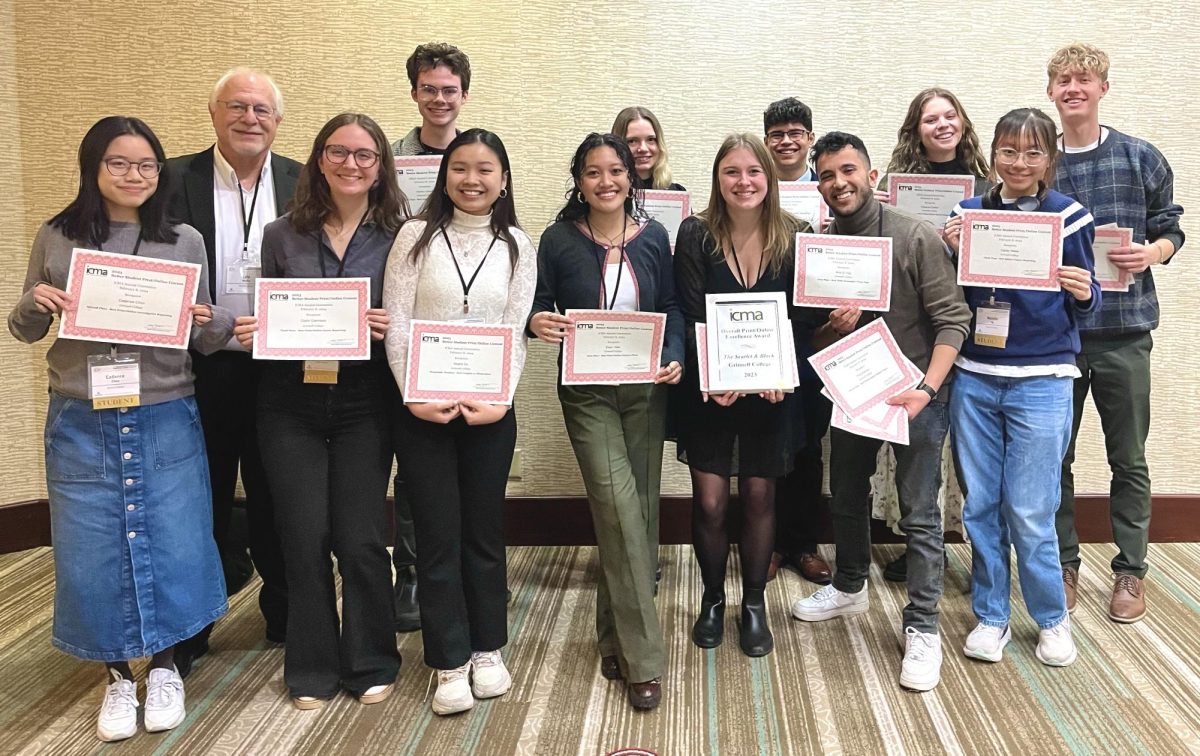


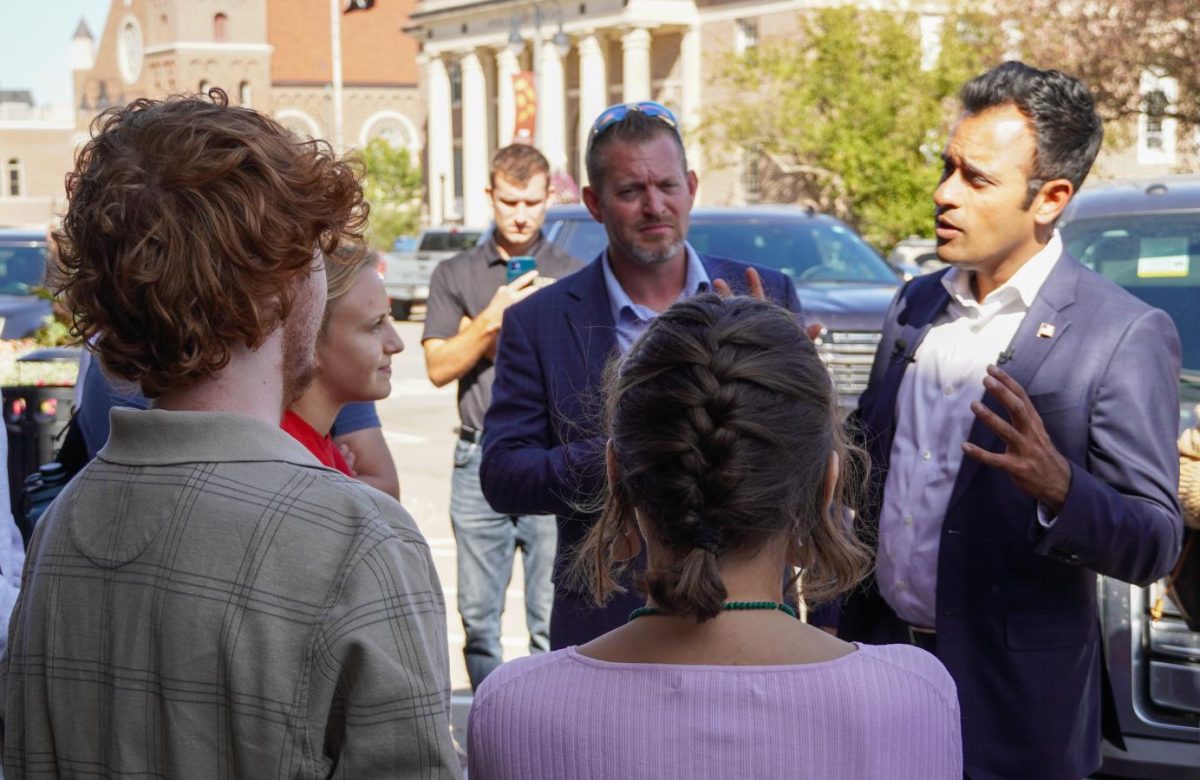

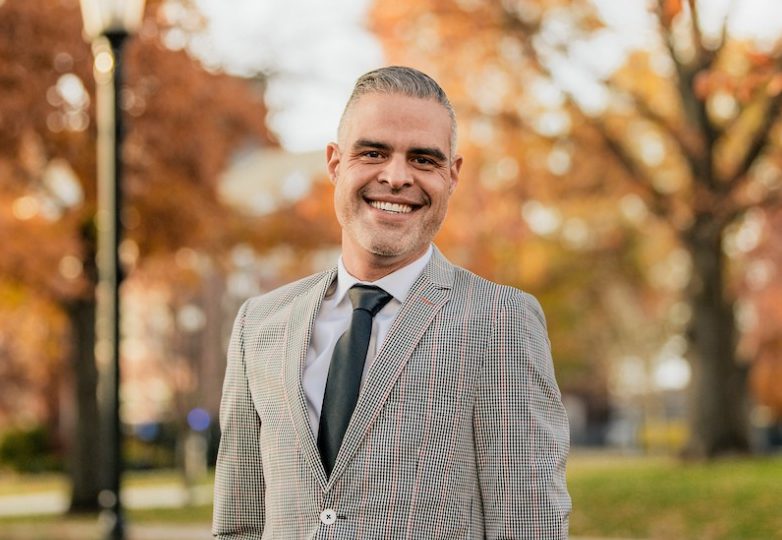



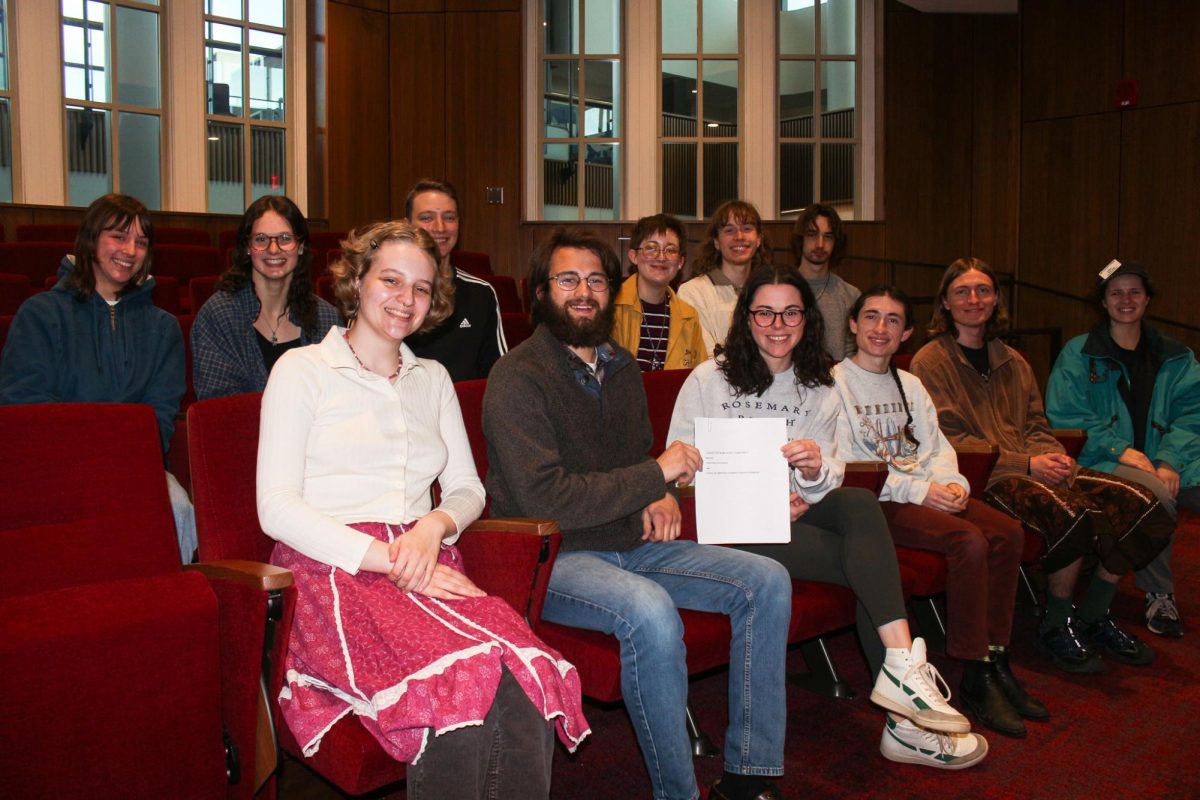








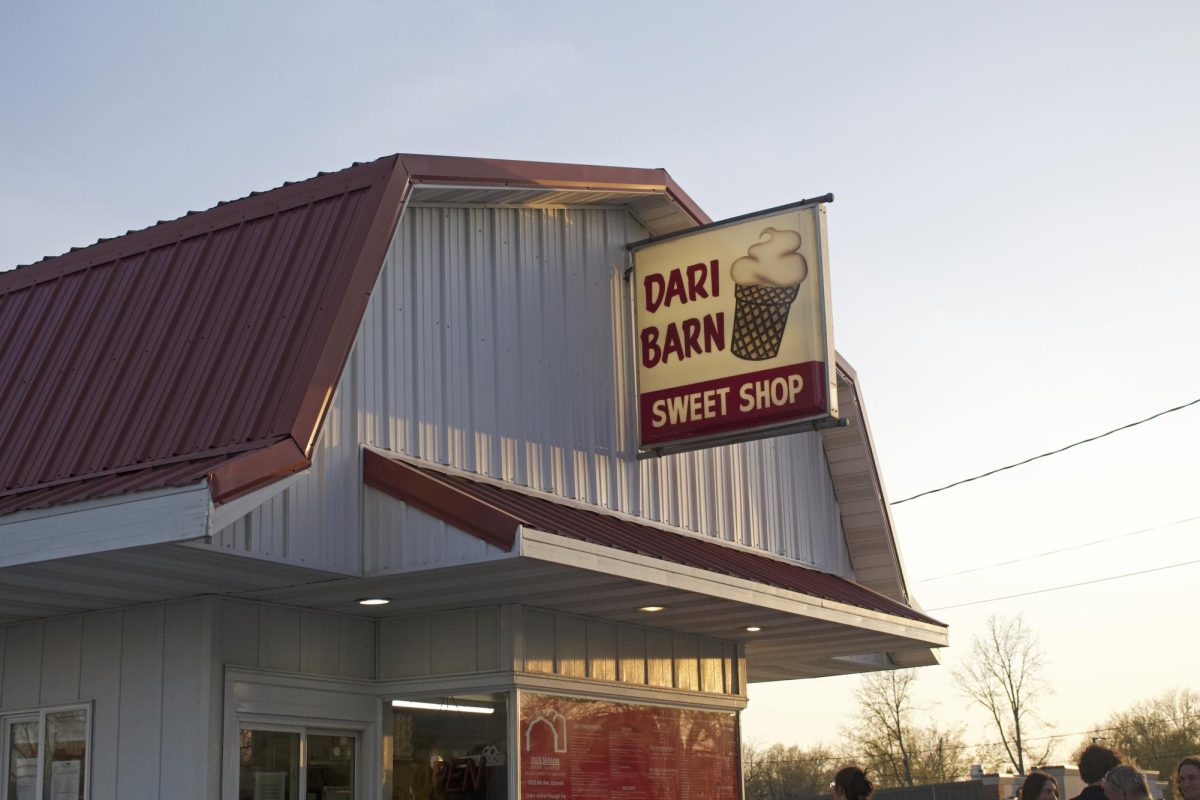




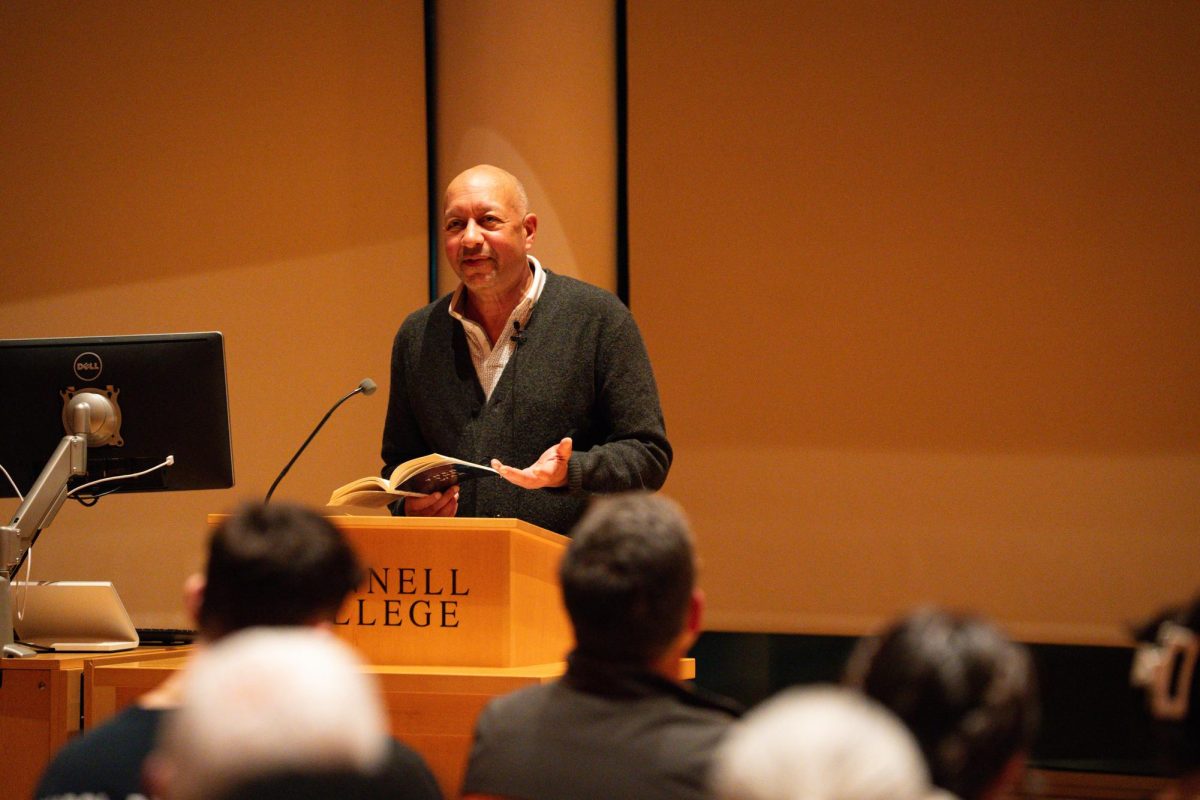









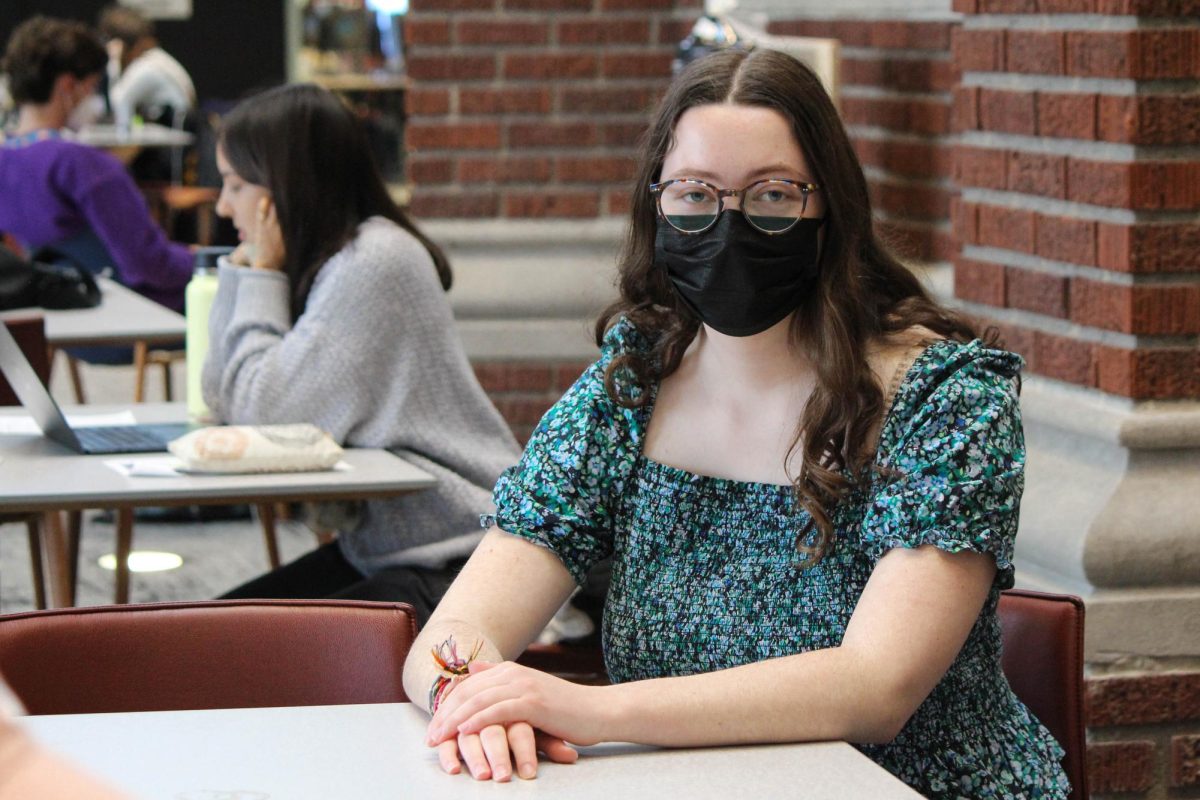










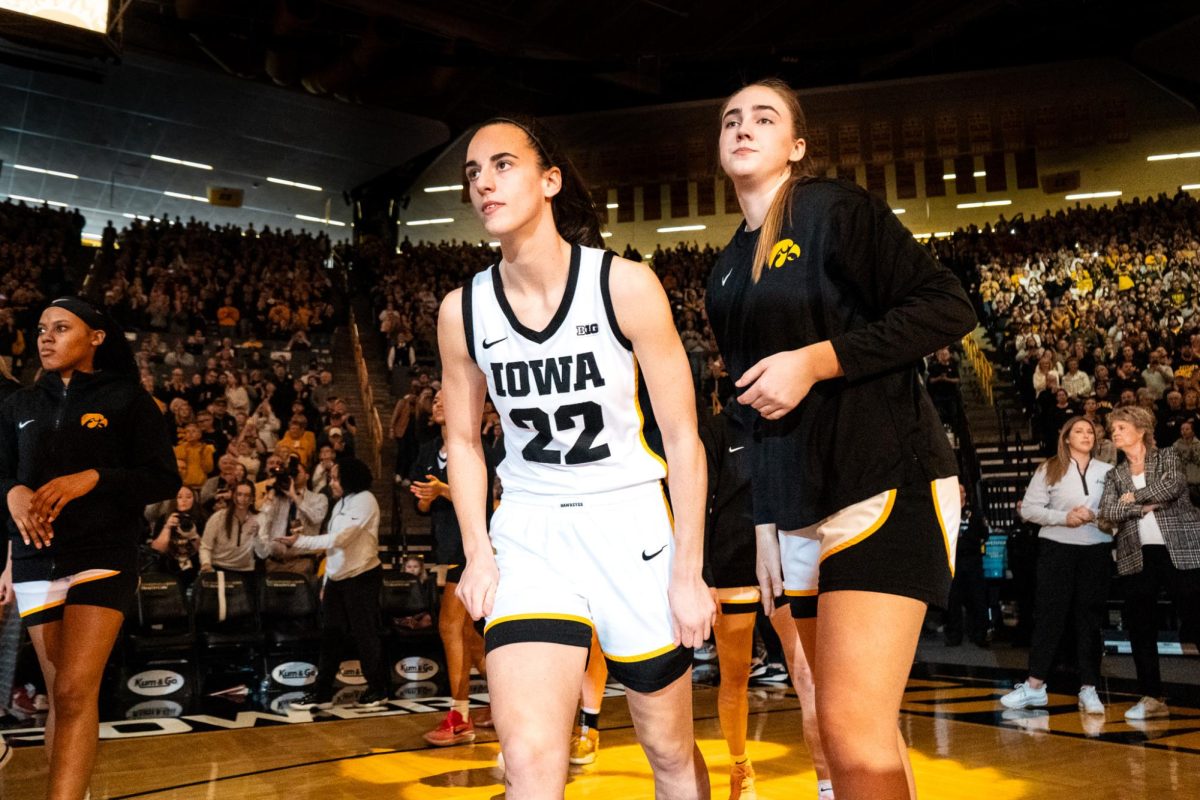


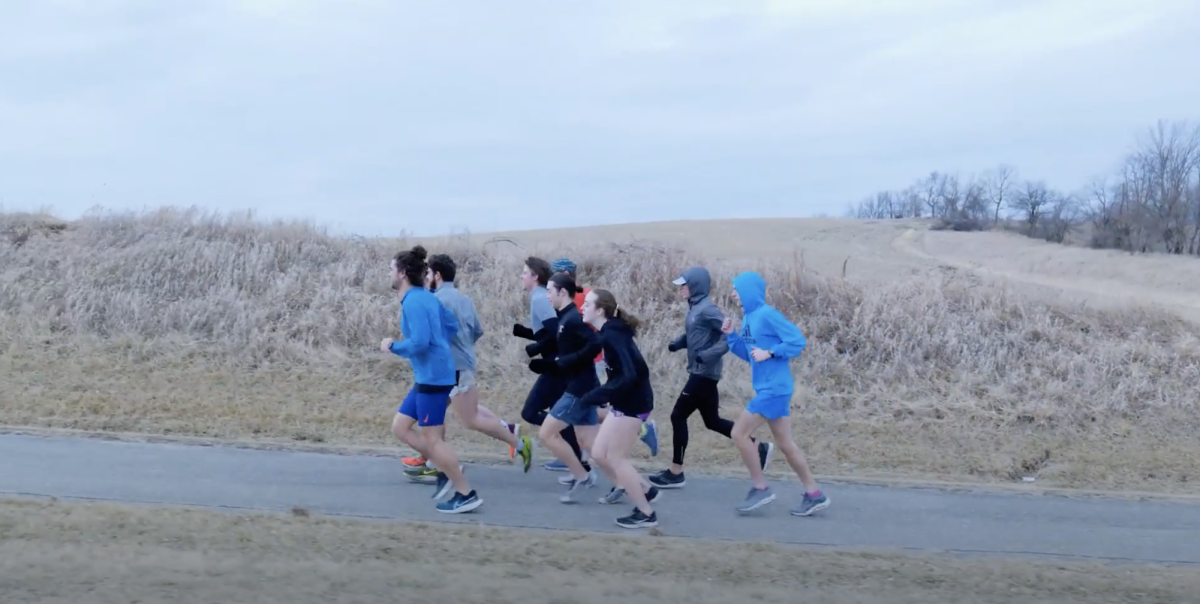




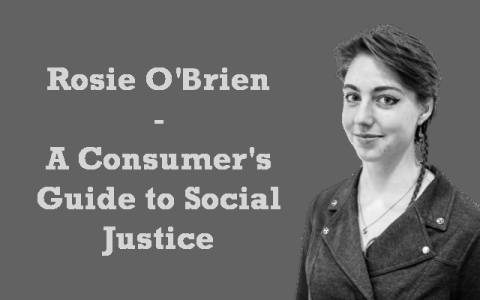

william crosby • Dec 6, 2014 at 11:56 am
If you haven’t already, I would strongly recommend the book “Sacred Economics” which speaks to several issues raised in this column.
https://www.goodreads.com/book/show/11289729-sacred-economics?from_search=true